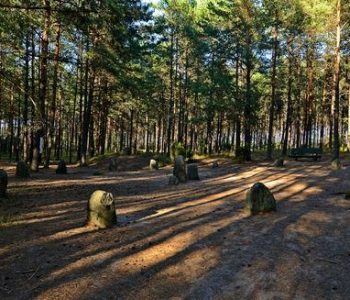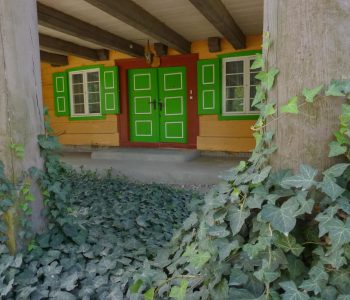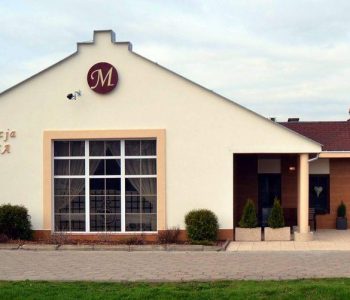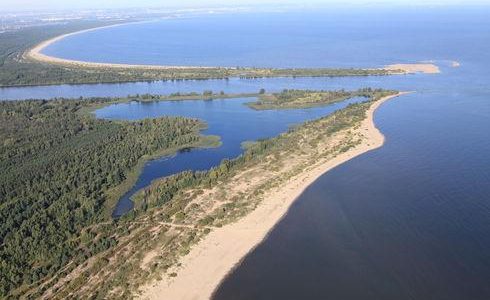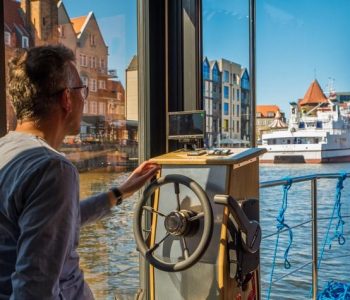St Jacob the Elder, especially his patronage of pilgrimage , including the most important sanctuary in Santiago de Compostella, for hundreds of years constituted an axis that concentrated phenomena important in shaping European Christianity’s culture. Aside from the religious aspect in all of its manifestations, the pilgrimage to St. Jacob’s tomb in Spain constituted a very important integrating factor for the members of various ethnic groups that formed the cultural mosaic of the European Middle Ages. Hundreds of kilometres of pilgrim routes, wandering through foreign countries, meeting people of different languages and customs but sharing a common concept, created the feeling of human values and civilisational community. The tales, both authentic and slightly embellished, carried over by the pilgrims into their homelands, regardless of whether they really reached Compostella, or got stuck somewhere on the road, were a source of knowledge about the world, satisfying the age-old human thirst for knowledge. Despite the fact, that nowadays, uniting Europe does not even mention St. John among its patrons, ages ago, the influence of his cult on European integration was so significant that one could, without a doubt, think of him as the patron of this process, throughout the whole tempestuous period of the continent’s history.
The Lębork Land, located thousands of kilometres from Santiago de Compostella, but situated on an important route leading to this sanctuary, was a centre of pilgrimage and Jacob’s cult as early as in the Middle Ages. Lębork and its closest vicinity also have their part in the renaissance of pilgrimage, called for in 1982 by the pilgrim of the 20th Century, Pope John Paul II.
The most significant among the various Lębork contexts referring to Jacob is the 14th Century Parish of St. Jacob the Apostle , together with its historic gothic church. Since the mid 1990s, referring to the medieval tradition, Lębork has organized the St. Jacob’s Church Fair, a town-wide event. Also, since the mid 1990s, St. Jacob the Apostle has been the town’s official patron. The Local-Government officials have also made sure that the cultural route named “the Pomeranian Way of St. Jacob” (“Pomorska Droga św. Jakuba”), is marked out, recently part of a large project, the partners of which are, apart from the Communes of the Lębork District, organisations and institutions from Lithuania and Germany.
In the figure of St. Jacob and all other phenomena that surround his former and current cult, Lębork and Lębork Land find values which not only contribute to the region’s development and promotion, but also support establishing supraregional cooperation and contact ties.

